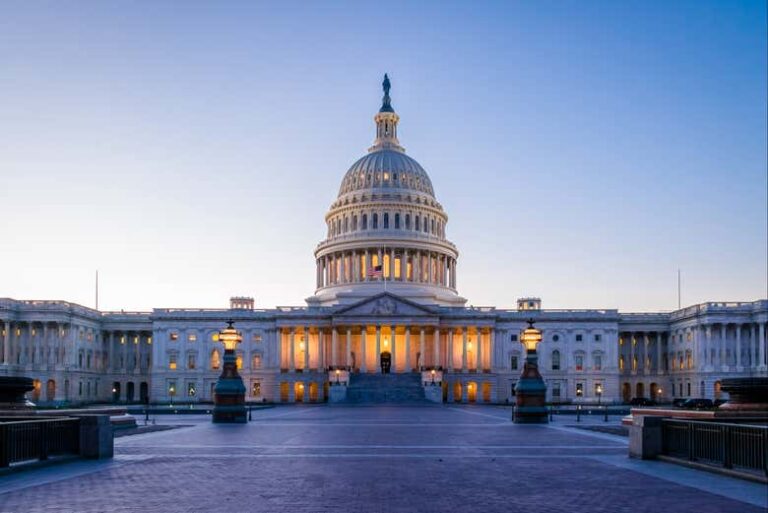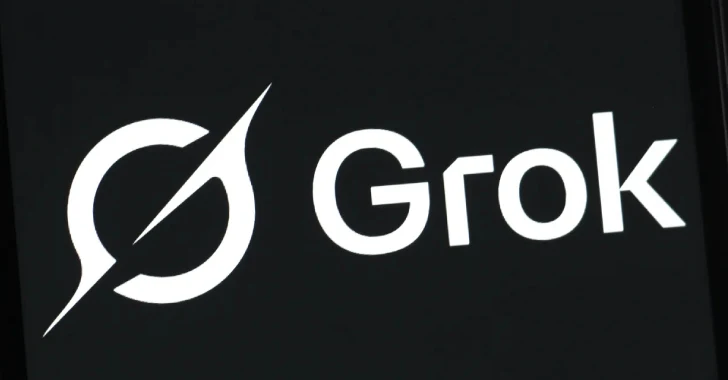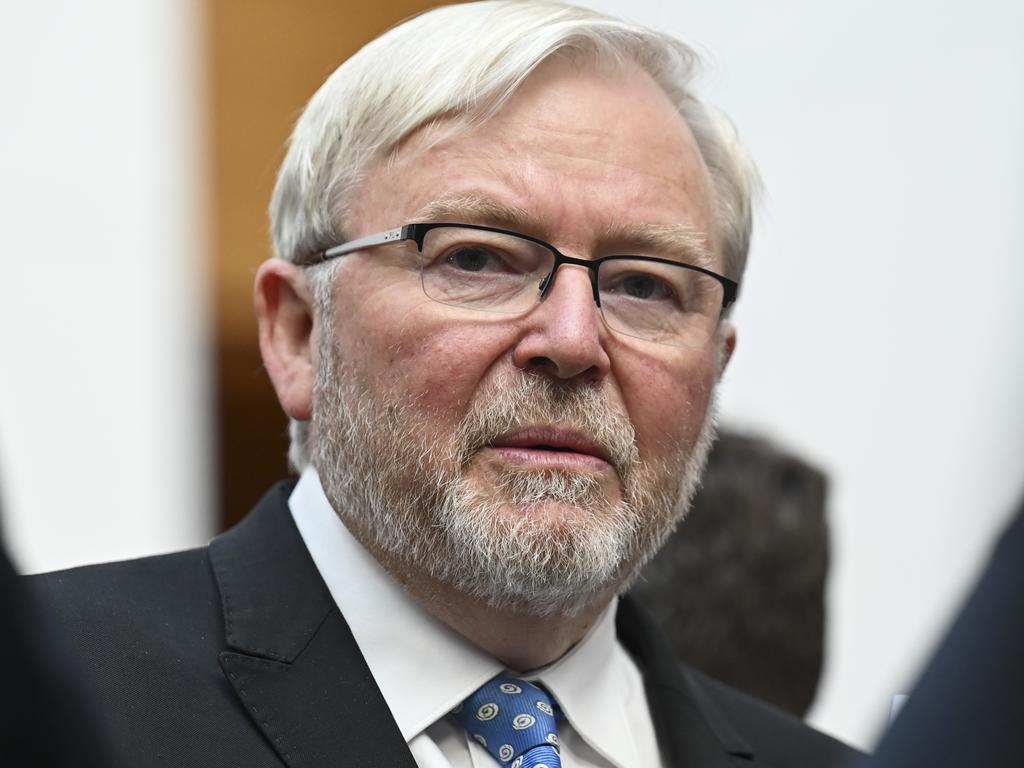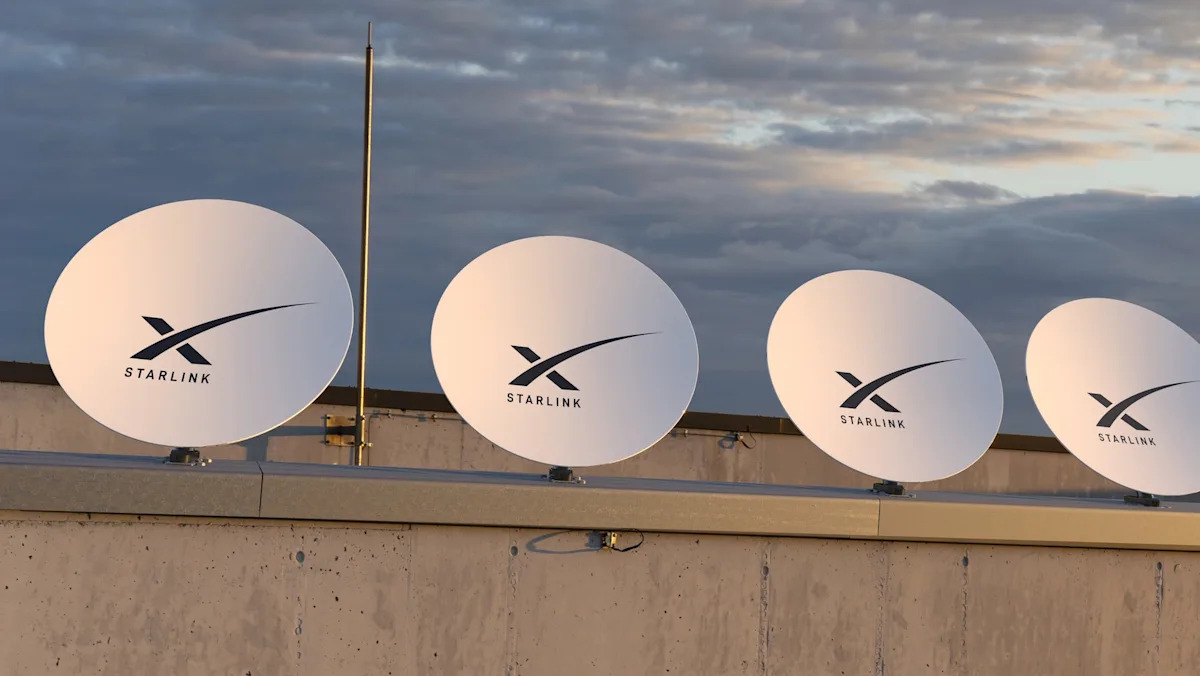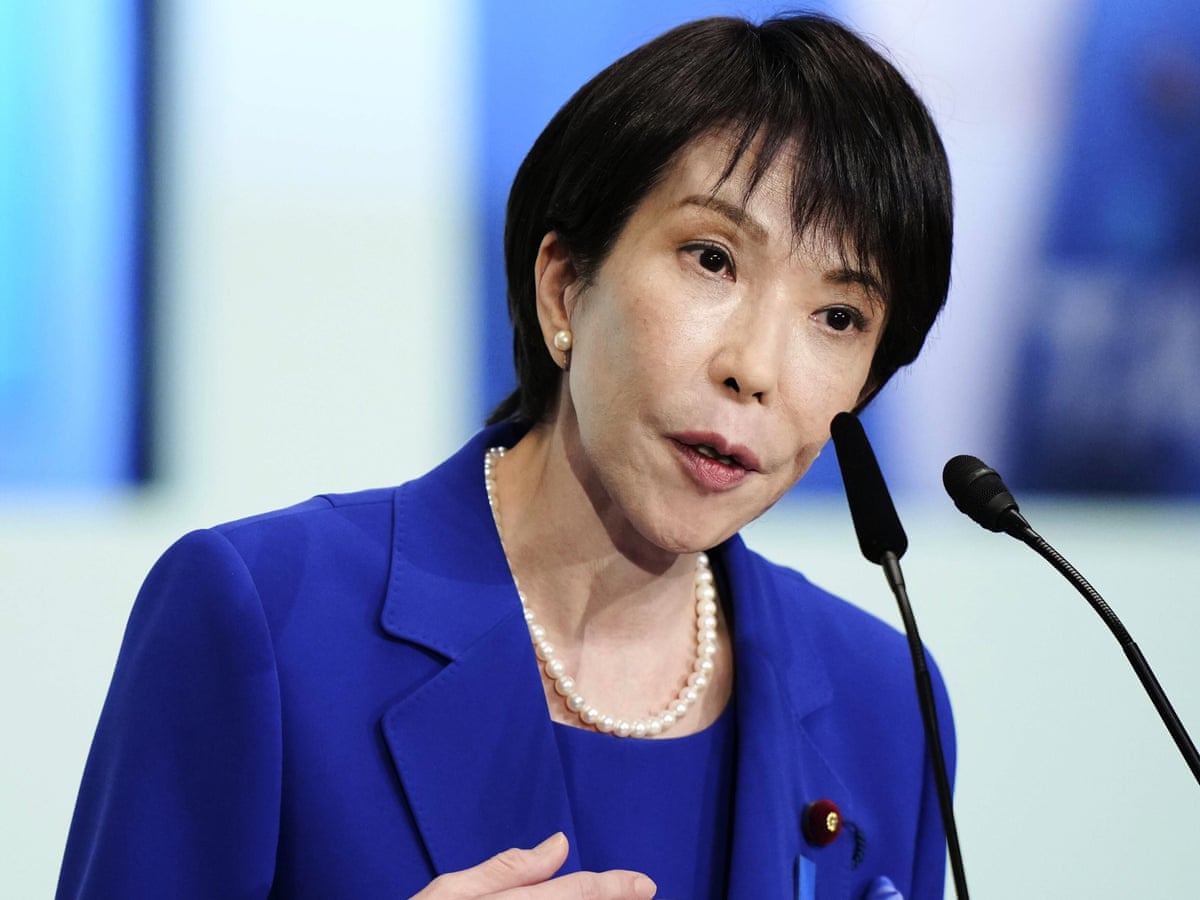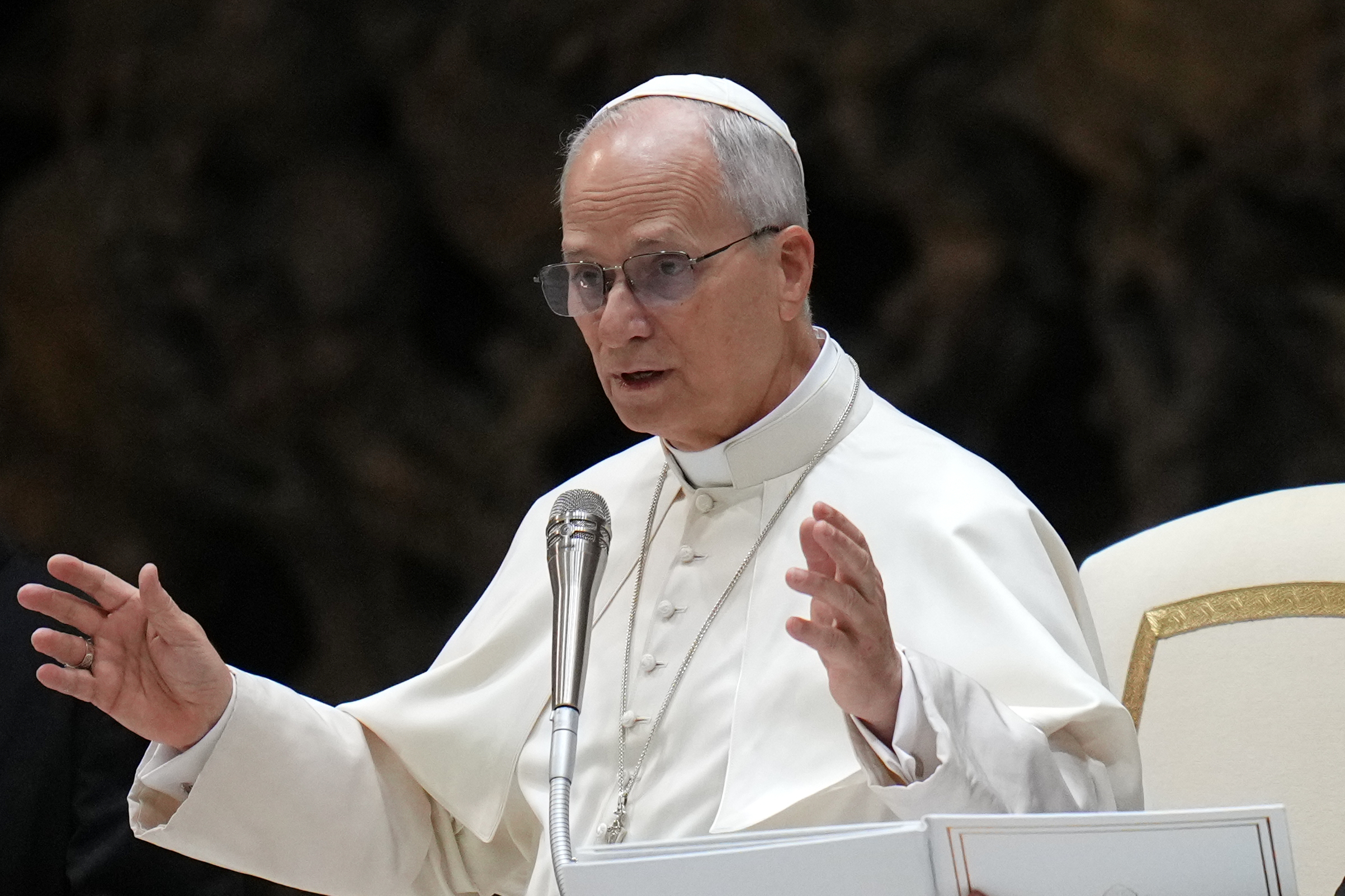United States Congress failed to reach a deal, which invariably led to government shutdown, leaving hundreds of thousands of US federal workers without pay.
The United States government entered a shutdown at midnight after lawmakers in Washington failed to break a bitter stalemate over federal funding. It is the first shutdown in six years and immediately forces hundreds of thousands of federal employees off the job, while others deemed essential must continue working without pay.
The shutdown came after the House and Senate were unable to agree on a stopgap funding bill. Republicans pushed for a seven-week extension of current spending levels, but Democrats refused, demanding that the package also include measures to expand subsidies under the Affordable Care Act, widely known as Obamacare.
Talks stretched late into the night, but with no resolution by the deadline, federal agencies were ordered to begin winding down operations. The disruption means national parks, museums, and many government offices will close, while services such as air traffic control, law enforcement, and military operations will continue but with delayed pay.
In Congress, the blame game was swift. Republican leaders accused Democrats of holding the budget “hostage” over healthcare provisions, warning that the shutdown could inflict unnecessary harm on federal workers and the broader economy. Democrats countered that Republicans were refusing to negotiate in good faith, saying their proposed extension merely delayed deeper conversations on urgent issues.
Read Also: $40bn To Be Approved By US Congress For Ukraine
The Senate is expected to vote again on the Republican plan today, with Majority Leader Mitch McConnell promising to keep bringing it to the floor until an agreement is reached. Democrats, however, insist that any short-term deal must address healthcare funding to prevent what they describe as “unjust cuts” to millions of Americans who rely on subsidized coverage.
For federal workers, the uncertainty is all too familiar. During the last major shutdown in 2019, employees went more than a month without pay, forcing many to rely on savings or outside assistance. Labor unions have already begun warning that the consequences could be severe if the current impasse drags on.
The White House has sought to pressure Democrats into dropping their demands, emphasizing that a temporary spending extension would allow the government to remain open while talks continue. President Donald Trump has remained firm in backing the Republican proposal, arguing that Democrats are “playing politics” at the expense of American workers.
With no clear path forward, the focus now turns to whether either side is willing to compromise. Until then, much of the US government remains shuttered, with the impact rippling across the country.

